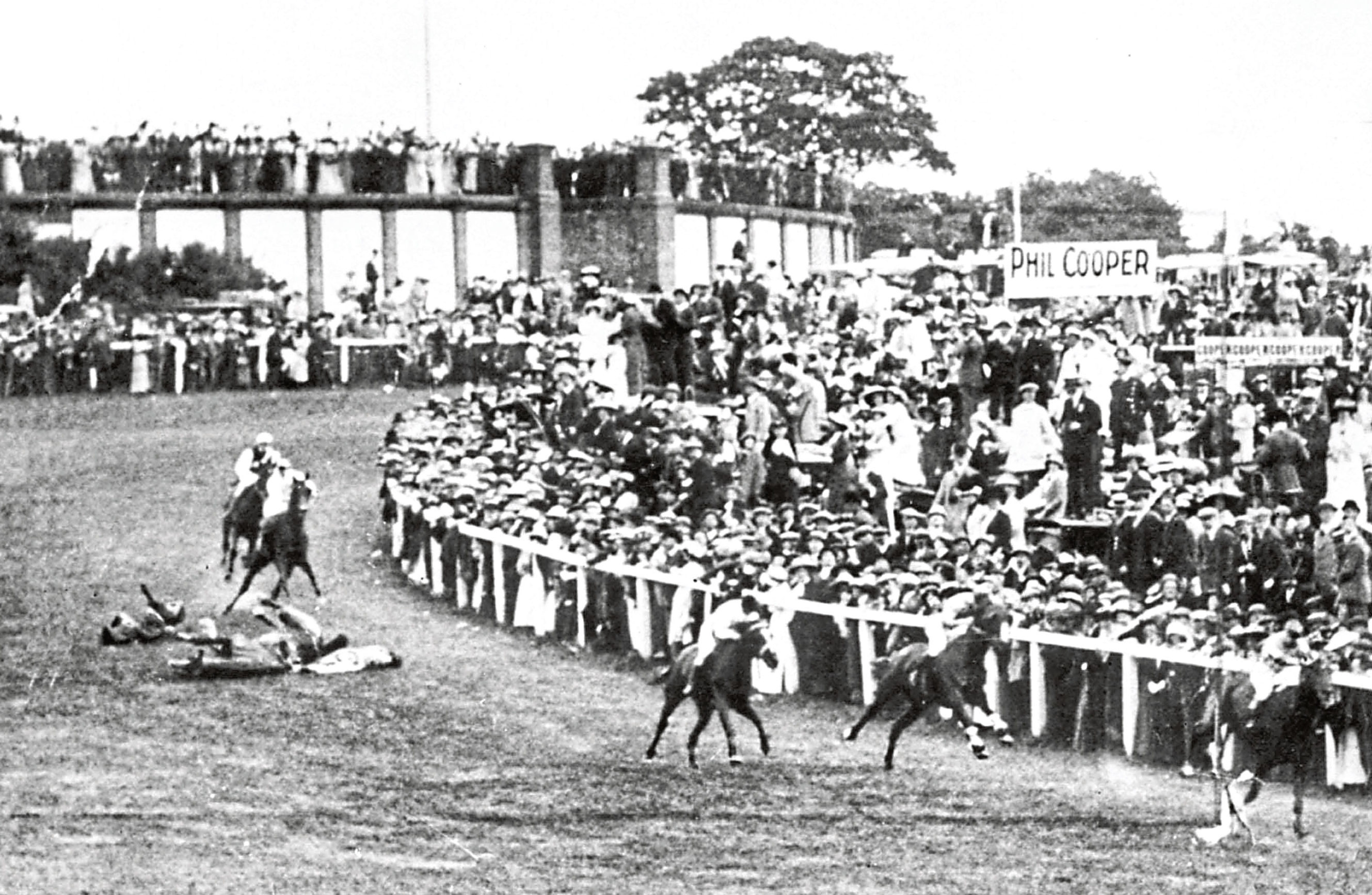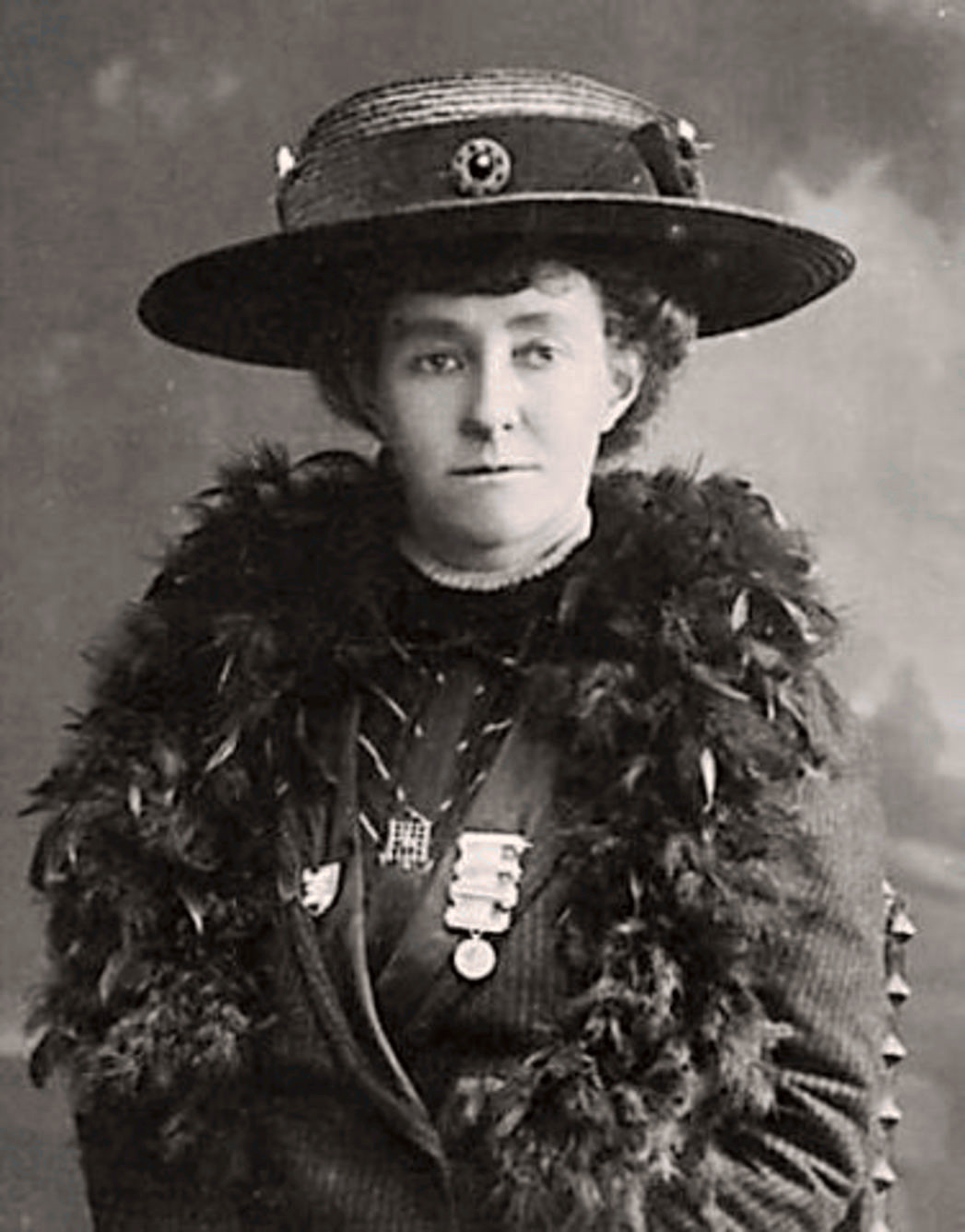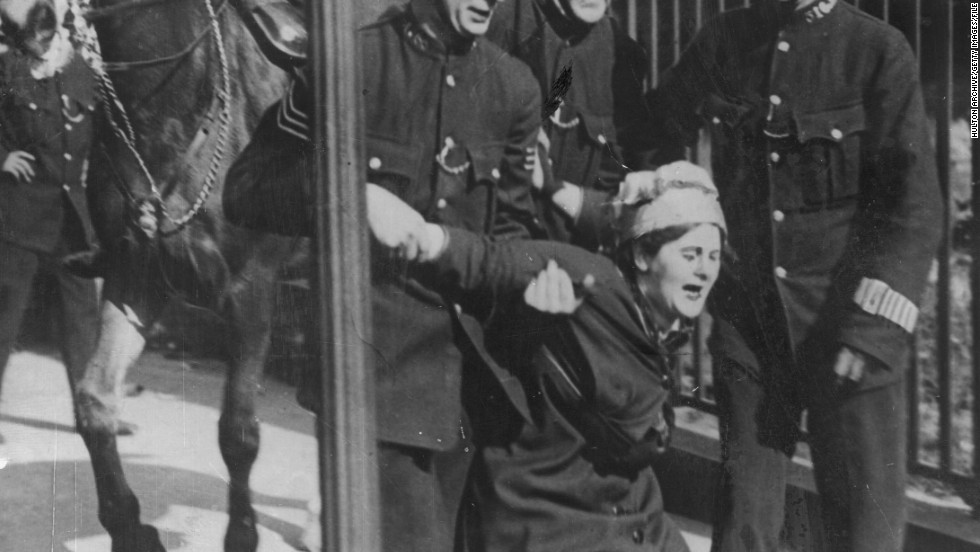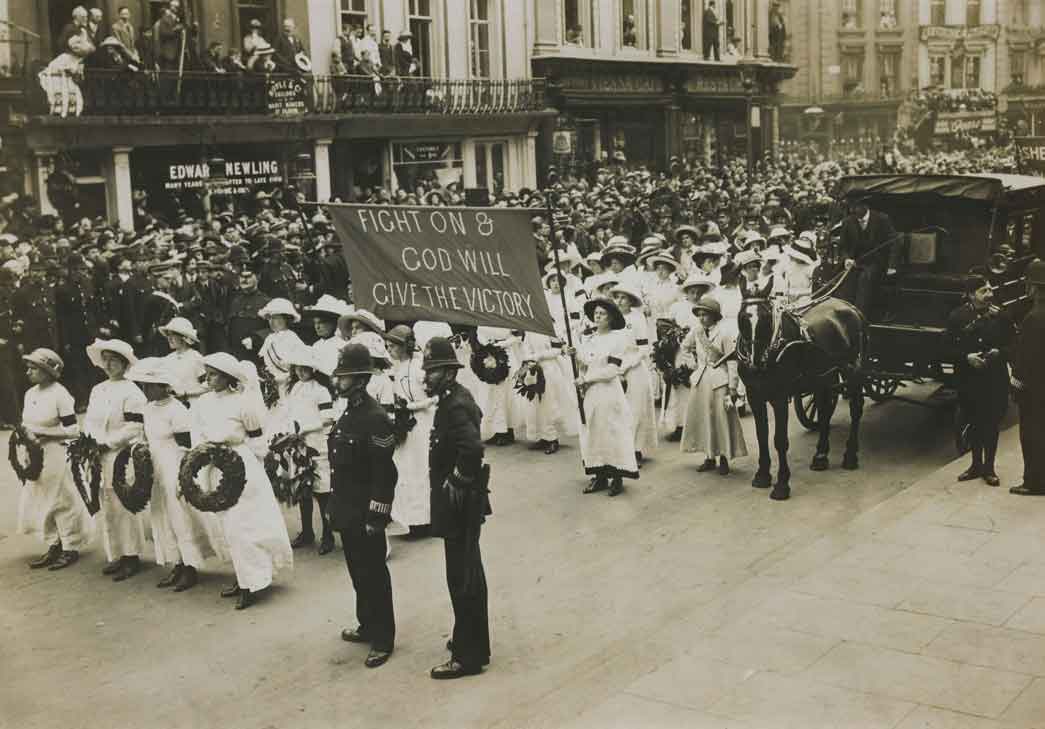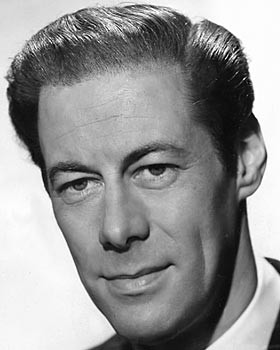Some years ago, I engaged passage
from Charleston, S. C, to the city of New York, in the fine packet-ship
"Independence," Captain Hardy. We were to sail on the fifteenth of
the month (June), weather permitting; and on the fourteenth, I went on board to
arrange some matters in my stateroom.
I found that we were to have a
great many passengers, including a more than usual number of ladies. On the
list were several of my acquaintances, and among other names, I was rejoiced to
see that of Mr. Cornelius Wyatt, a young artist, for whom I entertained
feelings of warm friendship. He had been with me a fellow-student at C——
University, where we were very much together. He had the ordinary temperament
of genius, and was a compound of misanthropy, sensibility, and enthusiasm. To
these qualities he united the warmest and truest heart which ever beat in a
human bosom.
I observed that his name was
carded upon THREE state-rooms; and, upon again referring to the list of
passengers, I found that he had engaged passage for himself, wife, and two
sisters—his own. The state-rooms were sufficiently roomy, and each had two
berths, one above the other. These berths, to be sure, were so exceedingly
narrow as to be insufficient for more than one person; still, I could not
comprehend why there were THREE staterooms for these four persons. I was, just
at that epoch, in one of those moody frames of mind which make a man abnormally
inquisitive about trifles: and I confess, with shame, that I busied myself in a
variety of ill- bred and preposterous conjectures about this matter of the
supernumerary stateroom. It was no business of mine, to be sure, but with none
the less pertinacity did I occupy myself in attempts to resolve the enigma. At
last I reached a conclusion which wrought in me great wonder why I had not
arrived at it before. "It is a servant of course," I said; "what
a fool I am, not sooner to have thought of so obvious a solution!" And
then I again repaired to the list—but here I saw distinctly that NO servant was
to come with the party, although, in fact, it had been the original design to
bring one—for the words "and servant" had been first written and then
over-scored. "Oh, extra baggage, to be sure," I now said to
myself—"something he wishes not to be put in the hold— something to be
kept under his own eye—ah, I have it—a painting or so—and this is what he has
been bargaining about with Nicolino, the Italian Jew." This idea satisfied
me, and I dismissed my curiosity for the nonce.
Wyatt's two sisters I knew very
well, and most amiable and clever girls they were. His wife he had newly
married, and I had never yet seen her. He had often talked about her in my
presence, however, and in his usual style of enthusiasm. He described her as of
surpassing beauty, wit, and accomplishment. I was, therefore, quite anxious to
make her acquaintance.
On the day in which I visited the
ship (the fourteenth), Wyatt and party were also to visit it—so the captain
informed me—and I waited on board an hour longer than I had designed, in hope
of being presented to the bride, but then an apology came. "Mrs. W. was a
little indisposed, and would decline coming on board until to-morrow, at the
hour of sailing."
The morrow having arrived, I was
going from my hotel to the wharf, when Captain Hardy met me and said that,
"owing to circumstances" (a stupid but convenient phrase), "he
rather thought the 'Independence' would not sail for a day or two, and that
when all was ready, he would send up and let me know." This I thought
strange, for there was a stiff southerly breeze; but as "the
circumstances" were not forthcoming, although I pumped for them with much
perseverance, I had nothing to do but to return home and digest my impatience
at leisure.
I did not receive the expected
message from the captain for nearly a week. It came at length, however, and I
immediately went on board. The ship was crowded with passengers, and every
thing was in the bustle attendant upon making sail. Wyatt's party arrived in
about ten minutes after myself. There were the two sisters, the bride, and the
artist—the latter in one of his customary fits of moody misanthropy. I was too
well used to these, however, to pay them any special attention. He did not even
introduce me to his wife;—this courtesy devolving, per force, upon his sister
Marian— a very sweet and intelligent girl, who, in a few hurried words, made us
acquainted.
Mrs. Wyatt had been closely
veiled; and when she raised her veil, in acknowledging my bow, I confess that I
was very profoundly astonished. I should have been much more so, however, had
not long experience advised me not to trust, with too implicit a reliance, the
enthusiastic descriptions of my friend, the artist, when indulging in comments
upon the loveliness of woman. When beauty was the theme, I well knew with what
facility he soared into the regions of the purely ideal.
The truth is, I could not help
regarding Mrs. Wyatt as a decidedly plain-looking woman. If not positively
ugly, she was not, I think, very far from it. She was dressed, however, in
exquisite taste— and then I had no doubt that she had captivated my friend's
heart by the more enduring graces of the intellect and soul. She said very few
words, and passed at once into her state-room with Mr. W.
My old inquisitiveness now
returned. There was NO servant—THAT was a settled point. I looked, therefore,
for the extra baggage. After some delay, a cart arrived at the wharf, with an
oblong pine box, which was every thing that seemed to be expected. Immediately
upon its arrival we made sail, and in a short time were safely over the bar and
standing out to sea.
The box in question was, as I
say, oblong. It was about six feet in length by two and a half in breadth; I
observed it attentively, and like to be precise. Now this shape was PECULIAR;
and no sooner had I seen it, than I took credit to myself for the accuracy of
my guessing. I had reached the conclusion, it will be remembered, that the
extra baggage of my friend, the artist, would prove to be pictures, or at least
a picture; for I knew he had been for several weeks in conference with
Nicolino:—and now here was a box, which, from its shape, COULD possibly contain
nothing in the world but a copy of Leonardo's "Last Supper;" and a
copy of this very "Last Supper," done by Rubini the younger, at
Florence, I had known, for some time, to be in the possession of Nicolino. This
point, therefore, I considered as sufficiently settled. I chuckled excessively
when I thought of my acumen. It was the first time I had ever known Wyatt to
keep from me any of his artistical secrets; but here he evidently intended to
steal a march upon me, and smuggle a fine picture to New York, under my very
nose; expecting me to know nothing of the matter. I resolved to quiz him WELL,
now and hereafter.
One thing, however, annoyed me
not a little. The box did NOT go into the extra stateroom. It was deposited in
Wyatt's own; and there, too, it remained, occupying very nearly the whole of
the floor—no doubt to the exceeding discomfort of the artist and his wife;—this
the more especially as the tar or paint with which it was lettered in sprawling
capitals, emitted a strong, disagreeable, and, to my fancy, a peculiarly
disgusting odor. On the lid were painted the words—"Mrs. Adelaide Curtis,
Albany, New York. Charge of Cornelius Wyatt, Esq. This side up. To be handled
with care."
Now, I was aware that Mrs.
Adelaide Curtis, of Albany, was the artist's wife's mother,—but then I looked
upon the whole address as a mystification, intended especially for myself. I
made up my mind, of course, that the box and contents would never get farther
north than the studio of my misanthropic friend, in Chambers Street, New York.
For the first three or four days
we had fine weather, although the wind was dead ahead; having chopped round to
the northward, immediately upon our losing sight of the coast. The passengers
were, consequently, in high spirits and disposed to be social. I MUST except,
however, Wyatt and his sisters, who behaved stiffly, and, I could not help
thinking, uncourteously to the rest of the party. Wyatt's conduct I did not so
much regard. He was gloomy, even beyond his usual habit—in fact he was
MOROSE—but in him I was prepared for eccentricity. For the sisters, however, I
could make no excuse. They secluded themselves in their staterooms during the
greater part of the passage, and absolutely refused, although I repeatedly
urged them, to hold communication with any person on board.
Mrs. Wyatt herself was far more
agreeable. That is to say, she was CHATTY; and to be chatty is no slight
recommendation at sea. She became EXCESSIVELY intimate with most of the ladies;
and, to my profound astonishment, evinced no equivocal disposition to coquet
with the men. She amused us all very much. I say "amused"—and
scarcely know how to explain myself. The truth is, I soon found that Mrs. W.
was far oftener laughed AT than WITH. The gentlemen said little about her; but
the ladies, in a little while, pronounced her "a good-hearted thing,
rather indifferent looking, totally uneducated, and decidedly vulgar." The
great wonder was, how Wyatt had been entrapped into such a match. Wealth was
the general solution—but this I knew to be no solution at all; for Wyatt had
told me that she neither brought him a dollar nor had any expectations from any
source whatever. "He had married," he said, "for love, and for
love only; and his bride was far more than worthy of his love." When I
thought of these expressions, on the part of my friend, I confess that I felt
indescribably puzzled. Could it be possible that he was taking leave of his
senses? What else could I think? HE, so refined, so intellectual, so
fastidious, with so exquisite a perception of the faulty, and so keen an
appreciation of the beautiful! To be sure, the lady seemed especially fond of
HIM—particularly so in his absence—when she made herself ridiculous by frequent
quotations of what had been said by her "beloved husband, Mr. Wyatt."
The word "husband" seemed forever—to use one of her own delicate
expressions—forever "on the tip of her tongue." In the meantime, it
was observed by all on board, that he avoided HER in the most pointed manner,
and, for the most part, shut himself up alone in his state-room, where, in
fact, he might have been said to live altogether, leaving his wife at full
liberty to amuse herself as she thought best, in the public society of the main
cabin.
My conclusion, from what I saw
and heard, was, that, the artist, by some unaccountable freak of fate, or
perhaps in some fit of enthusiastic and fanciful passion, had been induced to
unite himself with a person altogether beneath him, and that the natural
result, entire and speedy disgust, had ensued. I pitied him from the bottom of
my heart—but could not, for that reason, quite forgive his incommunicativeness
in the matter of the "Last Supper." For this I resolved to have my
revenge.
One day he came upon deck, and,
taking his arm as had been my wont, I sauntered with him backward and forward.
His gloom, however (which I considered quite natural under the circumstances),
seemed entirely unabated. He said little, and that moodily, and with evident
effort. I ventured a jest or two, and he made a sickening attempt at a smile.
Poor fellow!—as I thought of HIS WIFE, I wondered that he could have heart to
put on even the semblance of mirth. At last I ventured a home thrust. I
determined to commence a series of covert insinuations, or innuendoes, about
the oblong box—just to let him perceive, gradually, that I was NOT altogether
the butt, or victim, of his little bit of pleasant mystification. My first
observation was by way of opening a masked battery. I said something about the
"peculiar shape of THAT box—,"and, as I spoke the words, I smiled
knowingly, winked, and touched him gently with my forefinger in the ribs.
The manner in which Wyatt
received this harmless pleasantry convinced me, at once, that he was mad. At
first he stared at me as if he found it impossible to comprehend the witticism
of my remark; but as its point seemed slowly to make its way into his brain,
his eyes, in the same proportion, seemed protruding from their sockets. Then he
grew very red—then hideously pale—then, as if highly amused with what I had
insinuated, he began a loud and boisterous laugh, which, to my astonishment, he
kept up, with gradually increasing vigor, for ten minutes or more. In
conclusion, he fell flat and heavily upon the deck. When I ran to uplift him,
to all appearance he was DEAD.
I called assistance, and, with
much difficulty, we brought him to himself. Upon reviving he spoke incoherently
for some time. At length we bled him and put him to bed. The next morning he
was quite recovered, so far as regarded his mere bodily health. Of his mind I
say nothing, of course. I avoided him during the rest of the passage, by advice
of the captain, who seemed to coincide with me altogether in my views of his
insanity, but cautioned me to say nothing on this head to any person on board.
Several circumstances occurred
immediately after this fit of Wyatt which contributed to heighten the curiosity
with which I was already possessed. Among other things, this: I had been
nervous— drank too much strong green tea, and slept ill at night—in fact, for
two nights I could not be properly said to sleep at all. Now, my state-room
opened into the main cabin, or dining-room, as did those of all the single men
on board. Wyatt's three rooms were in the after-cabin, which was separated from
the main one by a slight sliding door, never locked even at night. As we were
almost constantly on a wind, and the breeze was not a little stiff, the ship
heeled to leeward very considerably; and whenever her starboard side was to
leeward, the sliding door between the cabins slid open, and so remained, nobody
taking the trouble to get up and shut it. But my berth was in such a position,
that when my own state-room door was open, as well as the sliding door in
question (and my own door was ALWAYS open on account of the heat,) I could see
into the after-cabin quite distinctly, and just at that portion of it, too,
where were situated the state-rooms of Mr. Wyatt. Well, during two nights (NOT
consecutive) while I lay awake, I clearly saw Mrs. W., about eleven o'clock
upon each night, steal cautiously from the state-room of Mr. W., and enter the
extra room, where she remained until daybreak, when she was called by her
husband and went back. That they were virtually separated was clear. They had
separate apartments—no doubt in contemplation of a more permanent divorce; and
here, after all I thought was the mystery of the extra stateroom.
There was another circumstance,
too, which interested me much. During the two wakeful nights in question, and
immediately after the disappearance of Mrs. Wyatt into the extra stateroom, I
was attracted by certain singular cautious, subdued noises in that of her
husband. After listening to them for some time, with thoughtful attention, I at
length succeeded perfectly in translating their import. They were sounds
occasioned by the artist in prying open the oblong box, by means of a chisel
and mallet—the latter being apparently muffled, or deadened, by some soft
woollen or cotton substance in which its head was enveloped.
In this manner I fancied I could
distinguish the precise moment when he fairly disengaged the lid—also, that I
could determine when he removed it altogether, and when he deposited it upon
the lower berth in his room; this latter point I knew, for example, by certain
slight taps which the lid made in striking against the wooden edges of the
berth, as he endeavored to lay it down VERY gently—there being no room for it
on the floor. After this there was a dead stillness, and I heard nothing more,
upon either occasion, until nearly daybreak; unless, perhaps, I may mention a
low sobbing, or murmuring sound, so very much suppressed as to be nearly
inaudible—if, indeed, the whole of this latter noise were not rather produced
by my own imagination. I say it seemed to RESEMBLE sobbing or sighing—but, of
course, it could not have been either. I rather think it was a ringing in my
own ears. Mr. Wyatt, no doubt, according to custom, was merely giving the rein
to one of his hobbies—indulging in one of his fits of artistic enthusiasm. He
had opened his oblong box, in order to feast his eyes on the pictorial treasure
within. There was nothing in this, however, to make him SOB. I repeat,
therefore, that it must have been simply a freak of my own fancy, distempered
by good Captain Hardy's green tea. just before dawn, on each of the two nights
of which I speak, I distinctly heard Mr. Wyatt replace the lid upon the oblong
box, and force the nails into their old places by means of the muffled mallet.
Having done this, he issued from his state- room, fully dressed, and proceeded
to call Mrs. W. from hers.
We had been at sea seven days,
and were now off Cape Hatteras, when there came a tremendously heavy blow from
the southwest. We were, in a measure, prepared for it, however, as the weather
had been holding out threats for some time. Every thing was made snug, alow and
aloft; and as the wind steadily freshened, we lay to, at length, under spanker
and foretopsail, both double-reefed.
In this trim we rode safely
enough for forty-eight hours—the ship proving herself an excellent sea-boat in
many respects, and shipping no water of any consequence. At the end of this
period, however, the gale had freshened into a hurricane, and our after— sail
split into ribbons, bringing us so much in the trough of the water that we
shipped several prodigious seas, one immediately after the other. By this
accident we lost three men overboard with the caboose, and nearly the whole of
the larboard bulwarks. Scarcely had we recovered our senses, before the
foretopsail went into shreds, when we got up a storm staysail and with this did
pretty well for some hours, the ship heading the sea much more steadily than
before.
The gale still held on, however,
and we saw no signs of its abating. The rigging was found to be ill-fitted, and
greatly strained; and on the third day of the blow, about five in the
afternoon, our mizzen-mast, in a heavy lurch to windward, went by the board.
For an hour or more, we tried in vain to get rid of it, on account of the
prodigious rolling of the ship; and, before we had succeeded, the carpenter came
aft and announced four feet of water in the hold. To add to our dilemma, we
found the pumps choked and nearly useless.
All was now confusion and
despair—but an effort was made to lighten the ship by throwing overboard as
much of her cargo as could be reached, and by cutting away the two masts that
remained. This we at last accomplished—but we were still unable to do any thing
at the pumps; and, in the meantime, the leak gained on us very fast.
At sundown, the gale had sensibly
diminished in violence, and as the sea went down with it, we still entertained
faint hopes of saving ourselves in the boats. At eight P. M., the clouds broke
away to windward, and we had the advantage of a full moon—a piece of good
fortune which served wonderfully to cheer our drooping spirits.
After incredible labor we
succeeded, at length, in getting the longboat over the side without material
accident, and into this we crowded the whole of the crew and most of the
passengers. This party made off immediately, and, after undergoing much
suffering, finally arrived, in safety, at Ocracoke Inlet, on the third day
after the wreck.
Fourteen passengers, with the
captain, remained on board, resolving to trust their fortunes to the jolly-boat
at the stern. We lowered it without difficulty, although it was only by a
miracle that we prevented it from swamping as it touched the water. It
contained, when afloat, the captain and his wife, Mr. Wyatt and party, a
Mexican officer, wife, four children, and myself, with a negro valet.
We had no room, of course, for
any thing except a few positively necessary instruments, some provisions, and
the clothes upon our backs. No one had thought of even attempting to save any
thing more. What must have been the astonishment of all, then, when having
proceeded a few fathoms from the ship, Mr. Wyatt stood up in the stern-sheets,
and coolly demanded of Captain Hardy that the boat should be put back for the
purpose of taking in his oblong box!
"Sit down, Mr. Wyatt,"
replied the captain, somewhat sternly, "you will capsize us if you do not
sit quite still. Our gunwhale is almost in the water now."
"The box!" vociferated
Mr. Wyatt, still standing—"the box, I say! Captain Hardy, you cannot, you
will not refuse me. Its weight will be but a trifle—it is nothing—mere nothing.
By the mother who bore you—for the love of Heaven—by your hope of salvation, I
implore you to put back for the box!"
The captain, for a moment, seemed
touched by the earnest appeal of the artist, but he regained his stern
composure, and merely said:
"Mr. Wyatt, you are mad. I
cannot listen to you. Sit down, I say, or you will swamp the boat. Stay—hold
him—seize him!—he is about to spring overboard! There—I knew it—he is
over!"
As the captain said this, Mr.
Wyatt, in fact, sprang from the boat, and, as we were yet in the lee of the
wreck, succeeded, by almost superhuman exertion, in getting hold of a rope
which hung from the fore-chains. In another moment he was on board, and rushing
frantically down into the cabin.
In the meantime, we had been
swept astern of the ship, and being quite out of her lee, were at the mercy of
the tremendous sea which was still running. We made a determined effort to put
back, but our little boat was like a feather in the breath of the tempest. We
saw at a glance that the doom of the unfortunate artist was sealed.
As our distance from the wreck
rapidly increased, the madman (for as such only could we regard him) was seen
to emerge from the companion—way, up which by dint of strength that appeared
gigantic, he dragged, bodily, the oblong box. While we gazed in the extremity
of astonishment, he passed, rapidly, several turns of a three-inch rope, first
around the box and then around his body. In another instant both body and box
were in the sea—disappearing suddenly, at once and forever.
We lingered awhile sadly upon our
oars, with our eyes riveted upon the spot. At length we pulled away. The
silence remained unbroken for an hour. Finally, I hazarded a remark.
"Did you observe, captain,
how suddenly they sank? Was not that an exceedingly singular thing? I confess
that I entertained some feeble hope of his final deliverance, when I saw him
lash himself to the box, and commit himself to the sea."
"They sank as a matter of
course," replied the captain, "and that like a shot. They will soon
rise again, however—BUT NOT TILL THE SALT MELTS."
"The salt!" I
ejaculated.
"Hush!" said the
captain, pointing to the wife and sisters of the deceased. "We must talk
of these things at some more appropriate time."
We suffered much, and made a
narrow escape, but fortune befriended us, as well as our mates in the
long-boat. We landed, in fine, more dead than alive, after four days of intense
distress, upon the beach opposite Roanoke Island. We remained here a week, were
not ill-treated by the wreckers, and at length obtained a passage to New York.
About a month after the loss of
the "Independence," I happened to meet Captain Hardy in Broadway. Our
conversation turned, naturally, upon the disaster, and especially upon the sad
fate of poor Wyatt. I thus learned the following particulars.
The artist had engaged passage
for himself, wife, two sisters and a servant. His wife was, indeed, as she had
been represented, a most lovely, and most accomplished woman. On the morning of
the fourteenth of June (the day in which I first visited the ship), the lady suddenly
sickened and died. The young husband was frantic with grief—but circumstances
imperatively forbade the deferring his voyage to New York. It was necessary to
take to her mother the corpse of his adored wife, and, on the other hand, the
universal prejudice which would prevent his doing so openly was well known.
Nine-tenths of the passengers would have abandoned the ship rather than take
passage with a dead body.
In this dilemma, Captain Hardy
arranged that the corpse, being first partially embalmed, and packed, with a
large quantity of salt, in a box of suitable dimensions, should be conveyed on
board as merchandise. Nothing was to be said of the lady's decease; and, as it
was well understood that Mr. Wyatt had engaged passage for his wife, it became necessary
that some person should personate her during the voyage. This the deceased
lady's-maid was easily prevailed on to do. The extra state-room, originally
engaged for this girl during her mistress' life, was now merely retained. In
this state-room the pseudo-wife, slept, of course, every night. In the daytime
she performed, to the best of her ability, the part of her mistress—whose
person, it had been carefully ascertained, was unknown to any of the passengers
on board.
My own mistake arose, naturally enough,
through too careless, too inquisitive, and too impulsive a temperament. But of
late, it is a rare thing that I sleep soundly at night. There is a countenance
which haunts me, turn as I will. There is an hysterical laugh which will
forever ring within my ears.
